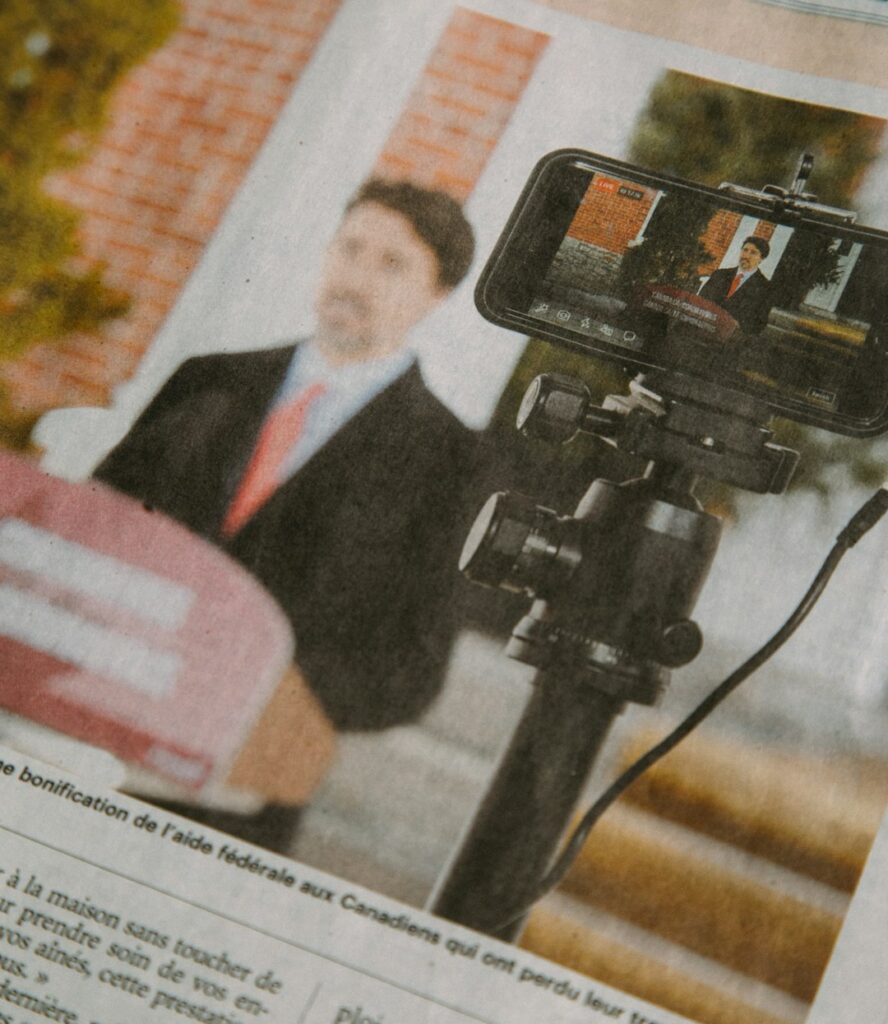In October 2022, The Atlantic Magazine published an Emily Oster piece entitled “Let’s Declare A Pandemic Amnesty.” Oster is an economist at Brown University. Hers is not the only voice calling for a new beginning, putting the COVID misdeeds behind us so we can move on, but it was the first notable one.

The first paragraph of Oster’s essay reads: “In April 2020, with nothing else to do, my family took an enormous number of hikes. We all wore cloth masks that I had made myself. We had a family hand signal, which the person in the front would use if someone was approaching on the trail and we needed to put on our masks. Once, when another child got too close to my then-4-year-old son on a bridge, he yelled at her ‘SOCIAL DISTANCING!’”
The whole thing was misguided, Oster figures because they didn’t know the cloth masks didn’t work. Governments didn’t know what they were doing. That may be true, but it’s irrelevant. The first observable thing in that first paragraph is that Oster assumes everyone had the same experience of COVID restrictions. Such is not the case.
In Alberta, for example, where I live, citizens were not allowed outdoors in early April 2020, and all the trails in the Rockies —trails to which people from all over the world typically come to enjoy— were closed. Many of us naturally thought of going to the Mountains at the time. Still, RCMP officers blockaded Highway 1 near Canmore and parts of Kananaskis, turning people away because the government did not want anyone hiking in the wilderness.
These measures did not align with existing medical and epidemiological science. Last December (2023), for example, the Auditor General of New Brunswick discovered that 33 of the restrictive health measures imposed had no scientific documentation to support them. In our book Canada’s COVID, Barry and I discussed situations in which federal and Quebec medical bureaucrats scrambled to find supporting scientific research for government decisions already in place.

Children in some jurisdictions in Canada were not allowed to play in parks and playgrounds or anywhere outside. Naheed Nenshi, then mayor of Calgary, had all the playgrounds taped up, and children were not allowed to skate outdoors in public places, even the following winter. Some might recall the altercation with the two potty-mouthed Calgary policewomen sent to prevent young men from skating outdoors. They arrested a youngster in South Calgary because the rebellious young man wanted to hear from the cops which specific ordinance he was breaking, but the cops would not answer. They likely didn’t know.
And if that was not enough, Nenshi repurposed existing city information phone lines into snitch lines for paranoid residents to call and denounce their neighbours for not following his and the province’s nonsense rules. Nenshi sought to force Calgarians to wear masks and force distancing, even after the province no longer required them.
You may read the rest of this and other work of the Institute at our Substack here. For information about purchasing our book Canada’s COVID: The Story of a Pandemic Moral Panic, click on Publications on the Menu above or on the image below.



Share Your Thoughts